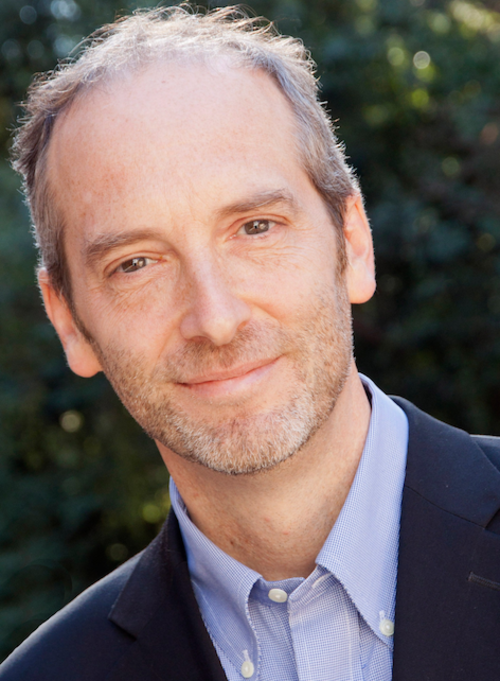Catalysts are among the most important driving forces behind the technological achievements of our present age. The abundance of fresh food at our stores, the beginnings of green energy, and the new pharmaceuticals we use to treat disease depend on chemical reactions accelerated by catalysts. How well can we design a new catalyst or a needed catalytic reaction? This question is widely viewed as central to the whole field of synthetic chemistry. Einstein Visiting Fellow John F. Hartwig and his research group seek to invent new catalysts that contain a metal atom as the central and reactive element. But even more importantly, they try to develop the general principles by which such catalysts can be designed and the strategies by which the discovery process can be improved.
In his lecture John F. Hartwig will present important catalysts already used or recently designed in his group.

John F. Hartwig
John F. Hartwig is Professor of Chemistry at the University of California, Berkeley, and ranked among the 200 most influential chemists of the world. The work of his research group focuses on discovering and understanding new reactions that are catalysed by transition metal complexes. John Hartwig has joined the Cluster of Excellence “UniCat – Unifying Concepts in Catalysis” at the Technische Universität Berlin as an Einstein Visiting Fellow in 2011. The cluster aims at unifying the concepts of homogeneous, heterogeneous and biological catalysis.

